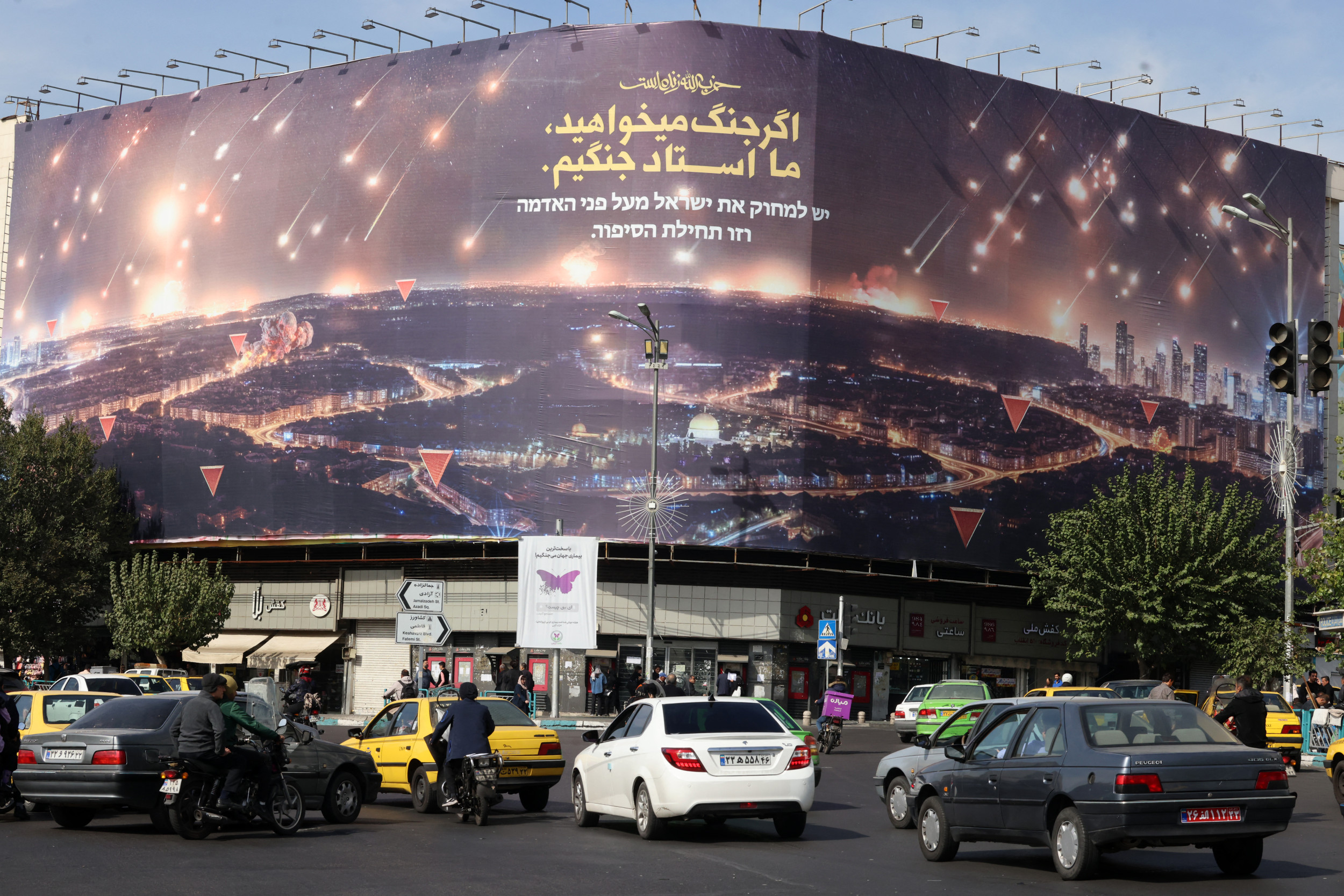A recent letter from Iran’s Foreign Minister, Abbas Araghchi, was delivered to U.N. Secretary-General António Guterres and U.N. Security Council President Pascale Christine Baeriswyl on Saturday. This communication comes on the heels of the Israel Defense Forces (IDF) announcing targeted strikes against military positions in Iran, reportedly as a response to Iran’s missile attack on Israel on October 1.
In his letter, Araghchi called for the U.N. to condemn what he described as “unlawful and aggressive actions” by Israel, stating these actions violate Iran’s sovereignty and international law. He characterized the attacks as a serious threat to both regional and international peace.
Araghchi emphasized that Iran reserves the right to respond to these attacks at a suitable time, adhering to international law. The exact impact of Israel’s first acknowledged attack on Iranian territory remains unclear, although both sides have claimed victories.

ATTA KENARE/AFP/Getty Images
Following the operation, the IDF reported successful strikes on Iranian missile facilities, seeking to improve Israel’s aerial freedom in the region. Meanwhile, Iranian officials claimed that most Israeli missiles were intercepted, though some areas experienced hits and casualties among their forces were reported.
In his correspondence to U.N. leaders, Araghchi insisted that had it not been for Iran’s air defenses, the situation could have resulted in significant harm. He urged the U.N. Security Council to convene an urgent meeting to address these aggressive actions by Israel.
This conflict marks another flare-up in the long-standing tensions between Iran and Israel, increasingly crossing into direct confrontations. Since the Hamas attack on Israel in early October, Iran and its allies have attempted to exert pressure on Israel through various means, including missile and drone strikes from multiple countries.
Previously, Iran stepped into the fray directly after the Israeli airstrike that killed high-ranking IRGC officials in April. Subsequent retaliatory attacks have escalated the situation, with both sides conducting operations that continue to heighten regional tensions.
As the conflict evolves, the U.S. has expressed its willingness to support Israel in defending against Iranian actions, while concurrently hoping to prevent further military exchanges. A senior U.S. official mentioned that should Iran choose to escalate, there would be consequences for its actions and that the recent exchange should ideally be the end of direct military confrontations between the two nations.
